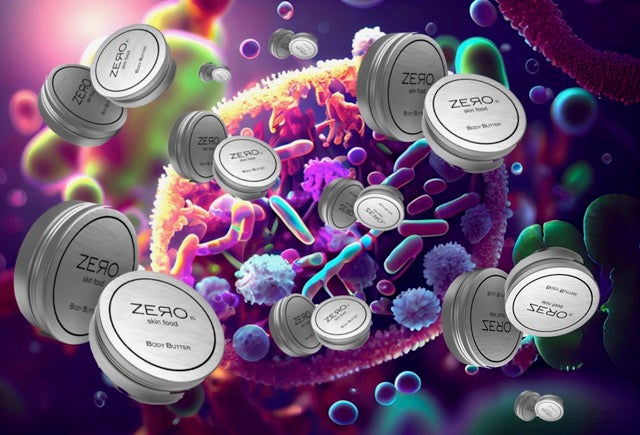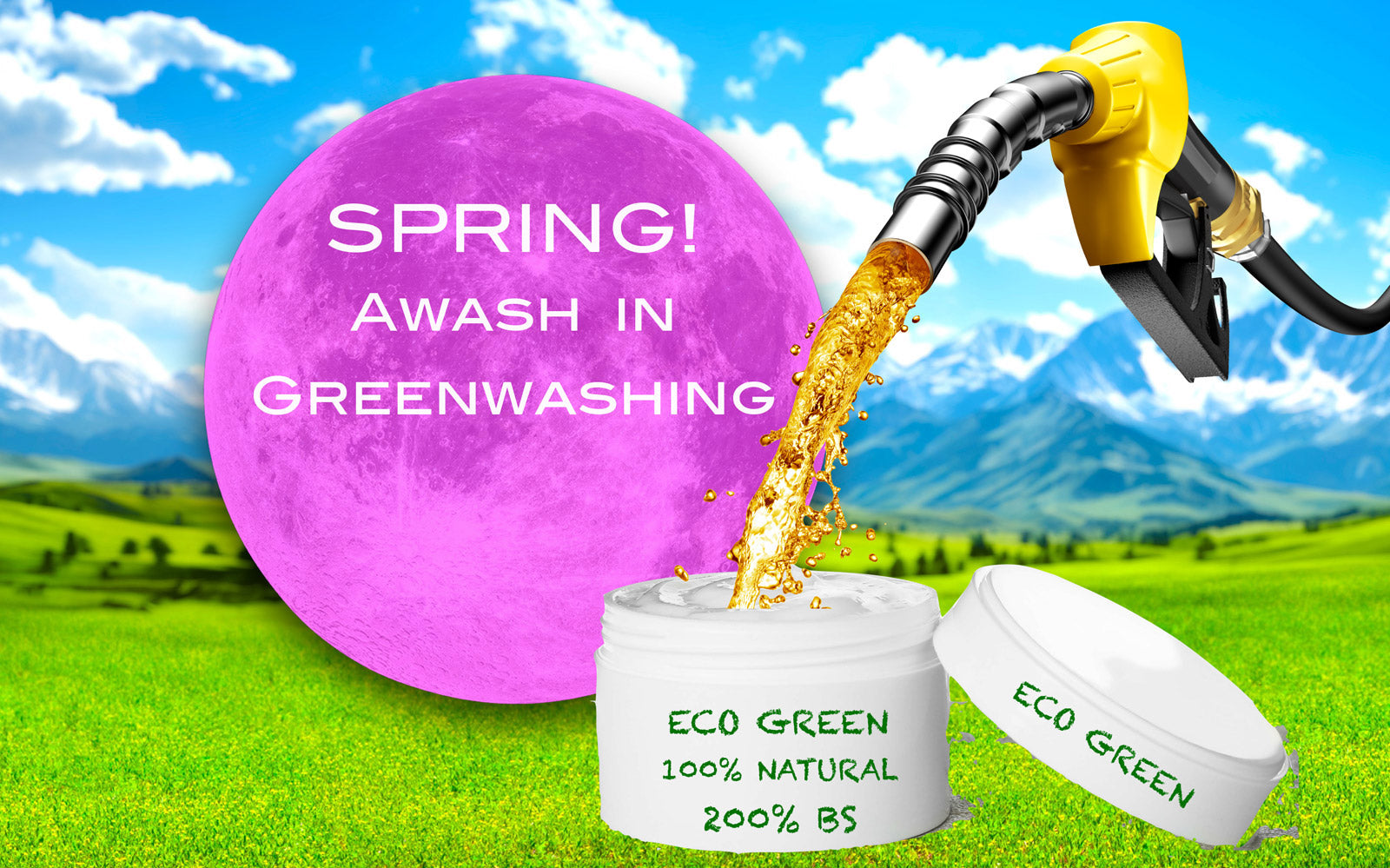
The Microbial Marvel: Why Your Skin’s Microbiome Matters
For the squeamish reader—look away now. We’re about to get very up close and personal.
We all know that skin is our first line of defence. It protects us from pathogens, shields us from environmental stress, and holds our internal world together. But what most people don’t know is this: your skin’s true power comes from the trillions of microbes that live on it.
Yes, trillions.
Your skin microbiome—a living ecosystem of bacteria, fungi, and viruses—plays a vital role in your skin’s health, healing, and resilience. In this blog, we explore what the science is uncovering about this delicate, dynamic system—and how modern skincare is destroying it.
What Is the Skin Microbiome, Really?
Your skin microbiome isn’t just on the surface. It lives in the deeper layers too. It’s a balanced, interactive community of microbes that includes:
-
Bacteria like Staphylococcus,
Streptococcus , and Corynebacterium -
Fungi, such as Malassezia
-
Viruses, including beneficial bacteriophages
These organisms aren’t freeloaders. They work with your skin, helping regulate immune responses, prevent infections, and maintain your skin barrier.
Why It Matters: Microbiome = Skin Health
Much like your gut flora keeps your digestion and immunity in check, your skin microbiome:
-
Blocks pathogens by crowding them out
-
Prevents water loss by reinforcing the skin barrier
-
Reduces inflammation, helping keep eczema, acne, and psoriasis at bay
-
Speeds up healing by supporting tissue regeneration and immune response
When this microbial balance is disrupted, the effects can be immediate—and damaging.
How We’re Destroying It (Without Even Knowing)
Here’s the ugly truth: most modern skincare routines are microbiome-destroying machines.
Harsh Soaps & Antimicrobial Products
Over-cleansing with strong surfactants or antibacterial soaps kills off beneficial microbes and strips natural oils—leaving the skin exposed.
Water-Based (Aqua) Products
Any product with aqua as the main ingredient requires chemical preservatives like parabens or BHT to prevent spoilage. These preservatives don’t just keep bacteria out of the bottle—they also kill off good microbes on your skin.
Emulsifiers
Used to blend water and oils, emulsifiers can favour the growth of pathogenic bacteria, altering the skin’s natural environment.
Petroleum-Based Products
These sit on the skin like a plastic film, suffocating the microbial community and disrupting natural oil exchange.
Perfumes, Deodorants & Alcohol Carriers
Synthetic fragrance, alcohol-based carriers, and antiperspirants all disrupt the skin’s microbiome—especially in sensitive areas like underarms.
How to Nurture a Healthy Skin Microbiome
Good news: there’s a way back. And it starts by simplifying your skincare routine and choosing products that work withyour biology, not against it.
Use Gentle, pH-Balanced Cleansers
Choose soaps and shampoos that are free from preservatives, perfumes, and sulfates. Look for formulations that clean without stripping.
Moisturise with Natural Tallow Skin Food
Tallow’s fat profile closely matches your skin’s sebum. It feeds your microbiome like a probiotic—supporting balance, protecting against harmful pathogens, and soothing inflammation.
Use it head to toe—even as a natural deodorant.
Limit Antibiotics, Steroids & Antimicrobials
Use only when truly needed and prescribed. These disrupt both gut and skin flora.
Final Thought: It’s Time to Respect the Ecosystem on Your Skin
The skin microbiome isn’t a trend. It’s an ancient, living system that deserves protection. The more we understand it, the more we realize just how much mainstream skincare gets wrong.
At Zero BS, we formulate everything to support—not sabotage—this microbial marvel.
No preservatives. No parabens. No emulsifiers. No BS.
Just real ingredients that respect the skin’s natural intelligence.
So next time you reach for a skincare product, ask yourself:
Will this feed my skin—or fight it?




Leave a comment
This site is protected by hCaptcha and the hCaptcha Privacy Policy and Terms of Service apply.